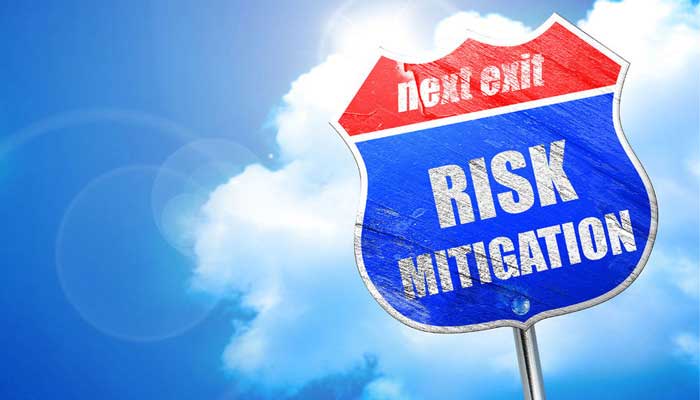Offering high risk offshore merchant processing accounts has changed more in the last five years than the last 20 – certainly for the better. For many (and obvious) reasons, the card issuers are flexing their collective muscle, issuing a host of operational changes for merchants and acquirers in order to stamp out fraudulent and unsavory practices.
As a payment processor for high risk industries, these changes have affected us as well as our counterparts. Within the past five years, the changes and trends we’ve seen have caused us to adjust our menu so that we can continue to offer the best solutions in high risk payment processing.
Less tolerance for chargebacks
There was a time, perhaps five years ago, that we were able to secure easy merchant account solutions for businesses that had higher chargeback rates – rates that surpassed the current limit set by the large card brands. In recent years, however, we have been increasingly unable to provide solutions for merchants whose chargeback rates creep toward 3 percent. By and large, acquiring banks simply don’t want to take on the risk.
The best recommendation we can offer is that the merchant get into a chargeback management program before he becomes too high a risk for an acquirer to take on. We also suggest s/he find and prioritize the issue that is leading to excessive chargebacks.
More offshore company registrations
The days of high risk offshore merchant processing accounts as tax havens may be nearing an end. We say this because we’re seeing an increasing number of countries and regions requiring foreign businesses to register within the country of their merchant account and open a local bank account.
“That means merchants must pay taxes in that country,” said Instabill Sales Manager Wendy Jacques.
We’re seeing this take place in the European Union, and we think more countries will follow.
Virtual terminal solutions harder to secure
It’s all in the name of fraud.
With virtual terminals, merchants are keystroking in transactions and credit card data from mail orders and telephone orders (MOTO). Unsavory virtual terminal merchants often change their product offerings without the consent of their payment processor or acquiring bank – which is a good way to lose your merchant account. With consistent underwriting, it is significantly harder to switch products or launder transactions and not be noticed by the acquiring bank with an e-commerce merchant account than it is with a virtual terminal merchant account.
It explains why banks are now lukewarm in offering virtual terminals. “With a virtual terminal, a merchant pretty much has the keys to a kingdom,” said Ms. Jacques. “A tech support merchant could claim he’s running an appliance repair business, so that he’s paying lower rates for credit card transactions. We see merchants get shut down quite often for this.”
Different types of fraud have acquiring banks’ guard up
Sure, credit card fraud existed five years ago, but now we’re seeing a whole lot more of it.
The most common methods of fraud that we see include friendly fraud, when a consumer purchases goods online, then files a chargeback with the credit card issuer, claiming s/he never received such goods. We also touched upon transaction laundering, when a merchant is selling illegal or illicit goods under the guise of another product.
The instances of both have significantly increased in recent years. We also see more forceful attacks such as account takeover and DDoS, where fraudsters and criminals basically hold your business and your website hostage until a ransom is paid – usually in bitcoin.
High risk offshore merchant processing accounts have changed – so have we
The changes in high risk offshore merchant processing accounts have caused payment service providers, such as Instabill, to change with it. The standards for getting a high risk merchant account may be a little more stringent, but there are still solutions to be had. We can get a feel for your business with a 5-10 minute conversation, and detail the payment processing solutions we can offer you.
Discover your payment processing options at 1-800-530-2444.


